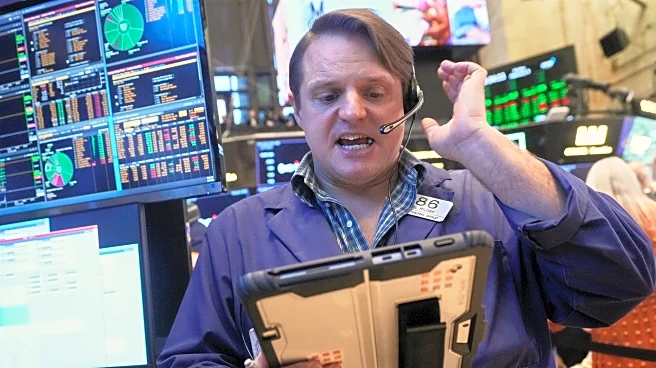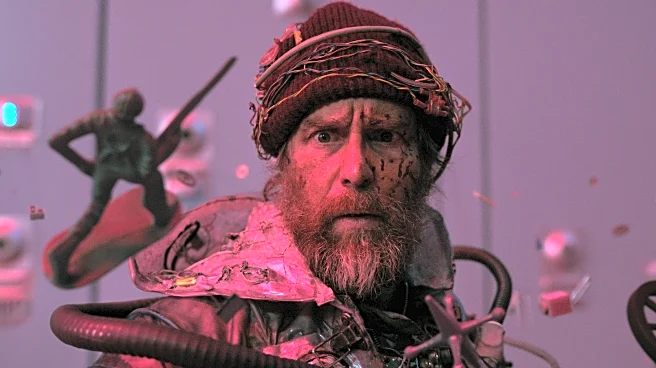What's Happening?
Martin Luther King III reflects on the legacy of his father's iconic 'I Have a Dream' speech delivered on August 28, 1963, at the Lincoln Memorial. He emphasizes the ongoing struggle for civil rights and economic justice, noting the erosion of the Voting Rights Act and the growing racial wealth gap. King III highlights the need for continued activism to address voter suppression and economic inequality, which disproportionately affect communities of color. He calls for renewed commitment to the ideals of justice and equality, urging Americans to protect voting rights and close the wealth gap.
Why It's Important?
The reflection by Martin Luther King III underscores the persistent challenges in achieving racial and economic equality in the United States. The erosion of voting rights and widening racial wealth gap highlight systemic issues that continue to hinder progress. King's call to action serves as a reminder of the unfinished work in realizing the dream of a just society. It also emphasizes the importance of civic engagement and policy reform to address these disparities. The speech's legacy remains a powerful motivator for social change, inspiring new generations to advocate for equality and justice.
What's Next?
Martin Luther King III plans to lead a march on Wall Street to demand economic justice, highlighting the need for systemic change to ensure true freedom and opportunity for all. This march aims to bring attention to economic disparities and advocate for policies that promote equity and access to resources. The event is expected to galvanize support from various leaders and activists, potentially influencing public discourse and policy decisions. Continued advocacy and activism are anticipated as stakeholders work to address the issues highlighted by King III.











